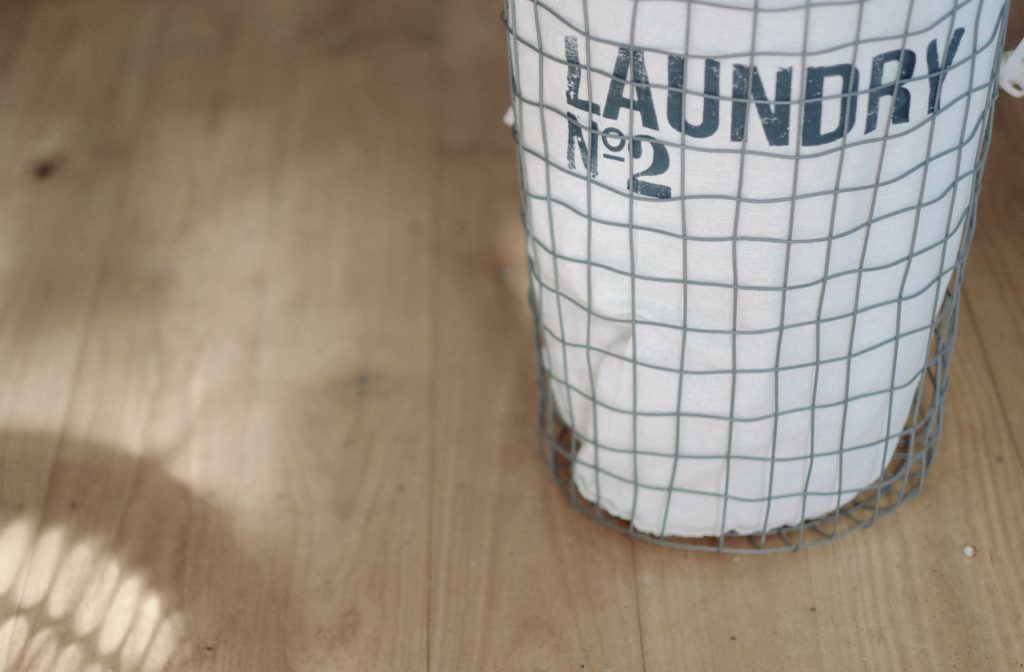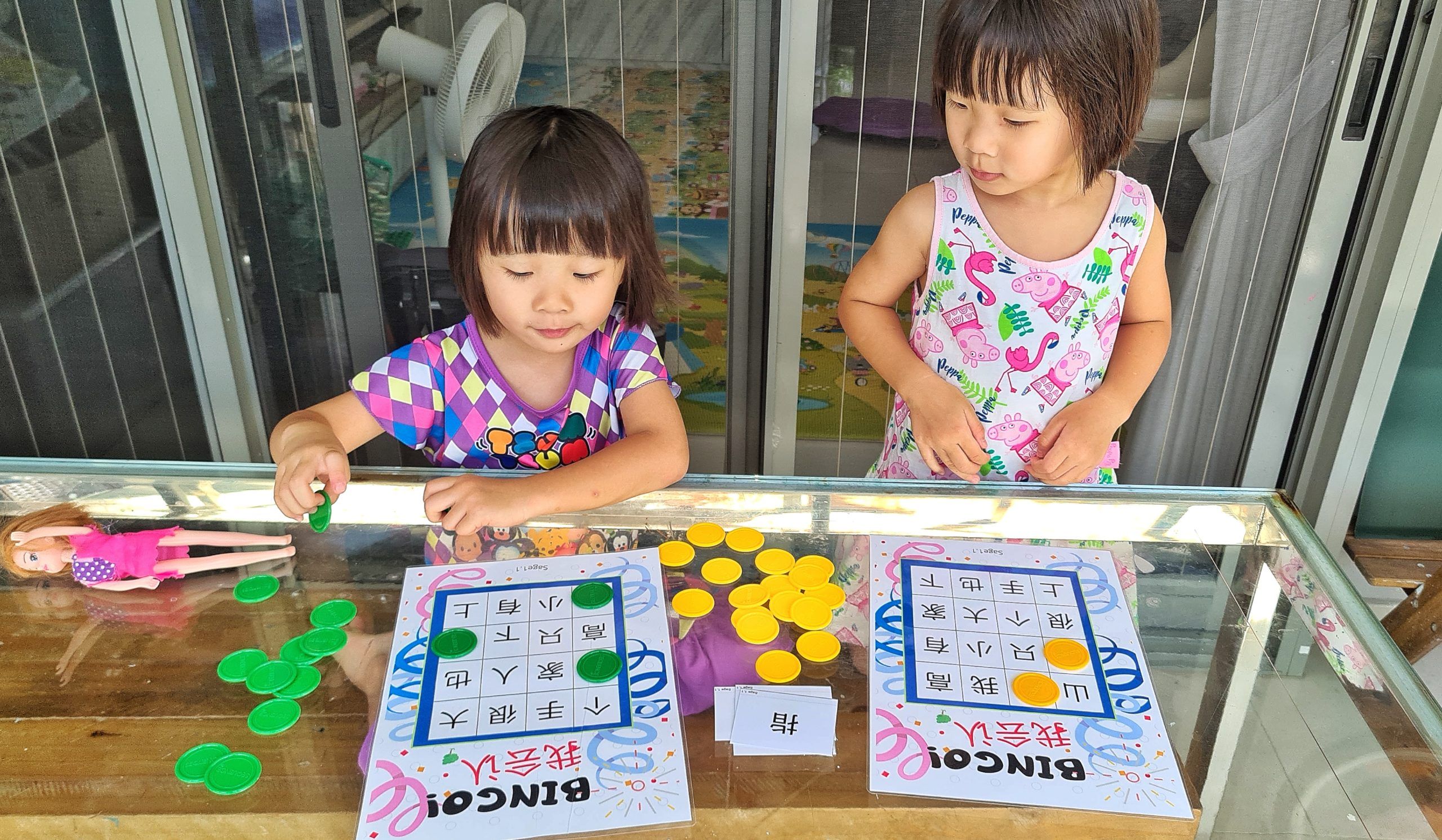I packed my non-maternity clothes into my hospital bag for me to wear home after delivering my firstborn. Guess what. I could not fit into the clothes. My hubby brought my notebook to the hospital after my first Caesarean procedure. Guess what. I did not use it at all.
There is always a laundry list of things that many new mothers may wish to complete postpartum. But things don’t ever happen the way they want.
This post on your first read may sound very discouraging. But all I want to achieve is for new mothers to understand that the postpartum period is challenging. Have realistic expectations so that you don’t set yourself up for disappointments. Lower your expectations so that the challenges do not look so overwhelming when they surface. Appreciate your small wins and enjoy your new phase of life a lot better.
A lot of bleeding
This is the easiest part. It’s only blood. I maxed out my maxi pads on the first one week after my vaginal deliveries. The bloody discharge is lochia, which is just leftover blood, mucus and tissue from my uterus. The bleeding gradually tapered off after one month.
Whereas after my C-section, there was minimal bleeding as my gynae cleaned up my uterus before stitching up the incision.
See your gynae if your discharge smells bad or if you have a fever than 38 C. If you had a C-section, increased pain around your incision or the incision is red, swollen or leaking discharge should bring you to your gynae.
Recovering from the delivery
I wish I didn’t have to go through the C-section. I felt great after my vaginal deliveries and could get up the bed and walk around by the evening after delivering my first and second child in the early afternoon. But I had vaginal tears, and the wound hurt. I did not dare to poop for the next week for fear of tearing the scar on my perineum.
As compared to my vaginal deliveries, my caesarean experience was much more uncomfortable. I was on epidural and was alert throughout the surgery. Everything was fine until I left the operating room. I started shaking violently as if I was on cold turkey. This was due to the epidural side effect, and I was immobile for two days. Pain around the incision area was very uncomfortable, and I was in agony. I did not want to move, not even turning on my bed from side to side.
See my related post on my birthing experience for more details.
Constipation
This is a common problem faced by mummies, including myself, post-delivery. It can be due to the stretched and swollen veins in the anus or lower rectum, or simply out of fear of aggravating the pain we are already having or tearing the wound on our perineum. My gynae gave me medication to soften my stools.
Incontinence
This is perfectly normal. Pregnancy and childbirth may have damaged my muscle around by my bladder. I experienced frequent urine leaks, especially after my vaginal delivery whenever I coughed, sneezed and even laughed. I took some while to recover from this inconvenience. Do your Kegels regularly, even before birth to strengthen your muscles down there.
Skin
This is the only plus point. I had superb skin after my caesarean! My face had never been so hydrated before, most probably because I was put on the drip for almost two days after my surgery while waiting for the epidural to wear off.
Body Shape
Don’t expect yourself to go back to your model-like pre-pregnancy body immediately after childbirth. I was naive enough to have brought my non-maternity clothes to wear for discharge because I could not fit into them at all. I even had to wear clothes one size bigger to return to work. Because I conceived again nine months later, I didn’t wear back my pre-pregnancy clothes until my second child was about two years old. That was with regular exercise (I practised yoga at least twice a week) and mindful eating.
Exercise
Take it easy. Rest is more important for your overall well-being and creation of milk supply. I only started to take walks as a gentle form of exercise after six weeks and avoided stretching my torso and the abdominal area until three months later. I started with side bend asana to strengthen my oblique muscles and then gradually moved on to the front of my tummy that is still in bad shape today. Even mummies who went through vaginal deliveries need to be mindful and not overexert themselves. We need time to allow our uterus to recover and return to the original position to prevent prolapsed uterus in the future.
Until today, at six month postpartum, I have not fully recovered and is not able to do some of the yoga poses which I used to handle with ease. A simple downward dog still gives me pain in the wrist due to carpal tunnel syndrome.
Hair Loss
Balding is a real concern, and it damages one’s self-esteem. Mummies may experience hair loss when their babies start shedding hair at about five months. I took precautions in my earlier and current postpartum care. I have been using Growell 2.0 Scalp Care for a month with positive results showing along my hairline.
Breastfeeding
I was a very stressed up first-time mum. My milk flow was slow; my son was cranky and refused to latch. This vicious cycle resulted in a consistent state of low milk supply and a short breastfeeding journey. Many mums face the same difficulty. And because I had low milk supply, I didn’t feel great about myself, resulting in a slight depression.
Don’t expect your milk to come immediately. Not all mummies are so lucky. Some breasts need more encouragement, via regular massages and expression using an electric breast pump to boost milk flow and formation of milk ducts. Talk to experienced mummies, learn from their experiences.
Have a tin of powder milk to standby. It’s okay for your baby to drink milk powder while your electric pump works hard to get your milk out. I heard of mummies who took three months to establish milk flow. This takes a lot of perseverance. When in doubt, engage a lactation consultant for advice.
Cranky Baby
This is another big topic. People write books to address this. I will keep it short here. Not all newborns sleep soundly and for long hours. My firstborn was a super cranky boy who would let out loud and distressing cries every 15 minutes in the middle of the night. No.3 is also competing to rank ahead of her brother now.
Personal time
Especially if you don’t have the luxury of hiring a live-in helper, you are likely not going to enjoy your usual 30 minutes shower or even a proper meal. You may have less time for your hubby and less time for friends. Unless you have help at home, you are going to be buried in loads of laundry dirtied by poops and vomit, and bottles to wash. My point here – arrange for help in advance if you don’t want to handle this all by yourself. And if you already know that you are not going to get any help when the baby comes along, get yourself mentally prepared. Decide what your priority is and what you have to cut down. Discuss with your hubby. Maybe unless you send your child to infant care, childcare, kindergarten, whatever your plan is, you are not going to have personal time so soon.

The Hubby Thing
It is not uncommon that the hubby is the source of postpartum depression. Hubbies who are busy at work, hubbies who sleep through the baby’s cries, hubbies who make frivolous comments such as “you are so free”, hubbies who freak out when their babies cry, and hubbies who do not lift a finger to help out with the housework, etc., even after the babies are born.
Ideally, the hubbies should have gone to the prenatal classes with the wives to learn the ropes so that they do not freak out when their babies cry. Ideally, the hubbies should know that their babies are a handful to deal with, and the wives do nothing but carry them the whole day long.
Unfortunately, men are not as fantastic as we would like them to be. They do not magically turn into caring hubbies and fathers who help their beloved wives to shoulder the heavy burden of caring for the babies. Perhaps it is because they do not carry the babies inside them for nine months, mummies are the usual ones mentally preparing themselves for their new role. To make things worse, men, especially in Asian society, are not required to be nurturing. Many don’t do housework or take care of children.
I am not saying that this is the end of the world. Fortunately, men learn. It is just that they take a long time to learn. Some may step up in just a couple of months while others take a few years. Some are just plain lost and do not know where to start helping. Help them to help you by giving them clear instructions. Never assume your hubby can read your mind and knows what you need without you saying a single word. And for those hubbies who show initiatives to help, praise them for what they have done, regardless of the quality of their work.
So mummies, don’t set your expectations too high. Give your man time to learn. Prep him before your baby is born. If he steps up, it is a bonus. If he doesn’t, he is just normal.
Okay, I am ending my post here. I hope whatever I said here don’t put off anyone too much (especially men) or make motherhood sounds too depressing. This post may be more incoherent than usual and with more grammar mistakes because it is put together in 2 nights while I attempted to soothe a needy baby at the same time.
If you enjoyed the post, please click Like and Share.
You may also like these posts:
Chiang Mai with Kids – 7D6N Itinerary – November 2019
Far East Organisation Children’s Garden – What a Sensory Treat!



Good info. Helpful.